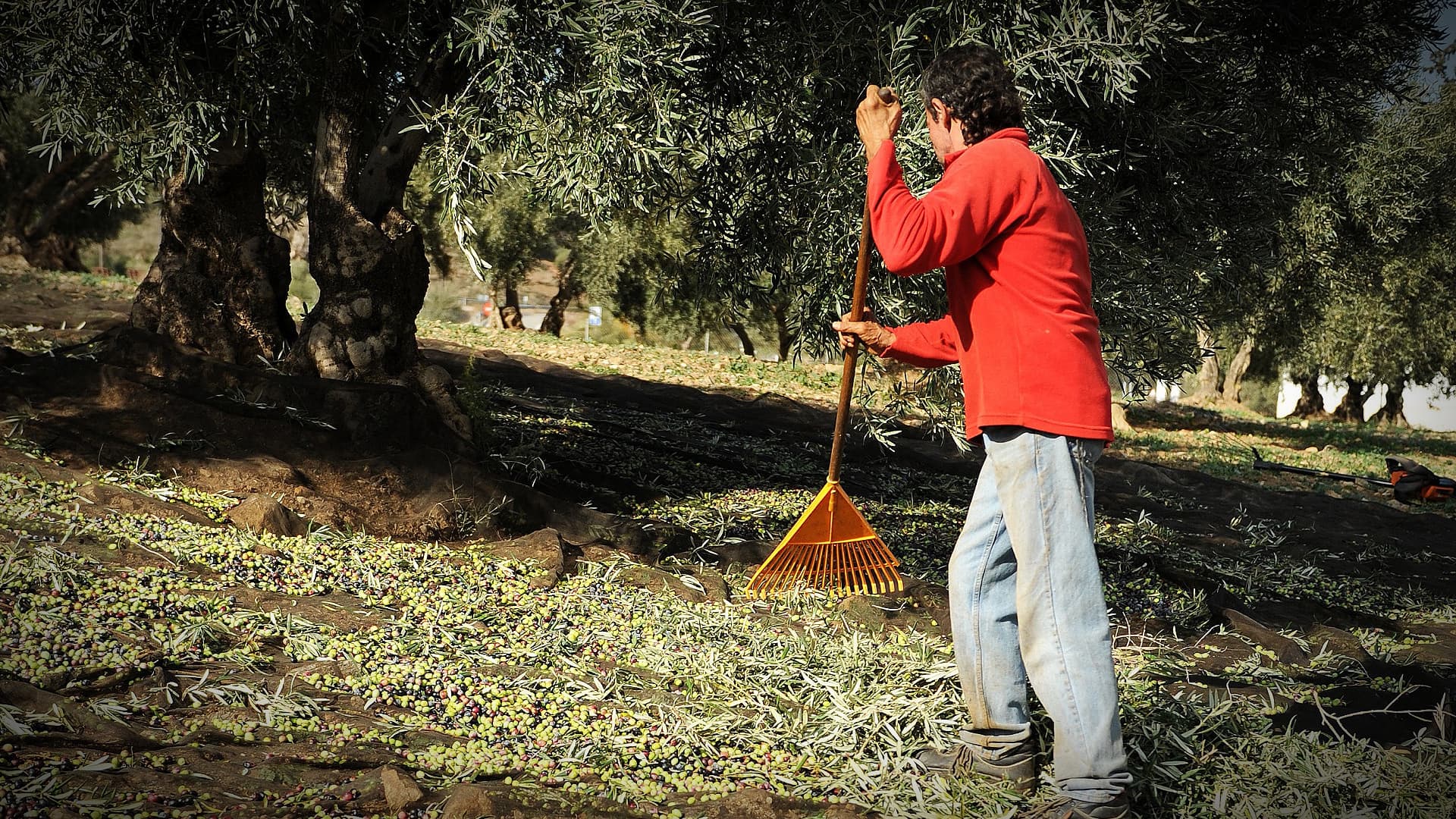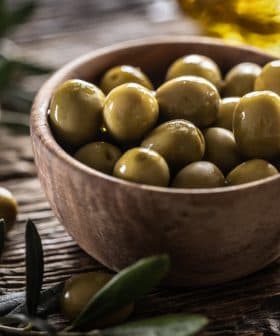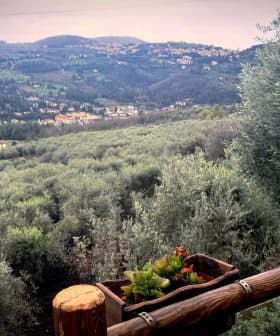Italy Eases Some of the Burden of Hiring Seasonal Workers

Italy has introduced a new reform aimed at reducing farming production costs and bureaucracy, making it easier for agricultural businesses to hire seasonal workers. The reform, which will be trialed from 2023 to the end of 2024, includes new regulations that aim to curtail labor costs and provide benefits to workers who adhere to the newly-established national work contract.
Italy recently introduced a reform aimed at reducing farming production costs and bureaucracy. The new law should make it easier for agricultural businesses to hire seasonal workers. The reform will be trialed from 2023 to the end of 2024.
The new regulations aim to curtail labor costs, which are the total tax exemption awarded to all income collected by workers who sign the newly-established national work contract.
The revenue of workers remains the same as in existing national and regional agricultural labor contracts.
Adhering to the new contract allows workers to keep their unemployed status when applying for social security services in the country. Moreover, income produced by such work will add to any pension or public support already awarded to the worker.
The new contract covers a maximum of 45 workdays within 12 months. Promoters of the new regulations noted that the limit should ease hiring in smaller companies, as most of their farming activities happen in a limited time frame. For example, olive companies only need extra workers during the harvest season.
See Also:Spain Lowers Barriers for Agricultural Workers to Access Wage SubsidiesShould the limits not be sufficient, the contract will become an undetermined-time contract, which implies different tax and social security regulations.
In the past, farms had to pay at the end of each workday. Under the new regulations, farms may now pay the worker at the end of the contract. Both parties could also agree upon weekly payments.
Contribution taxes for farms were also curtailed. They are now due only after the end of the contract. Moreover, contribution taxes will be calculated within the same parameters as the special regulations for disadvantaged regions, which translates into lower taxes.
The new contract is only available to workers who have not been regularly employed by farms in the last three years, a measure that does not apply to retired workers.
Appropriate sanctions have also been established, and farms might be fined up to €2,500 should they violate the new regulations.
The Italian government aimed to encapsulate many kinds of occasional services in the reform. All previous regulations on occasional agricultural work have been canceled with its passing.
The lack of a workforce in the field is a widespread phenomenon impacting the agricultural sector in many developed countries. The olive oil sector has also affected Italy and most European olive oil-producing countries.









